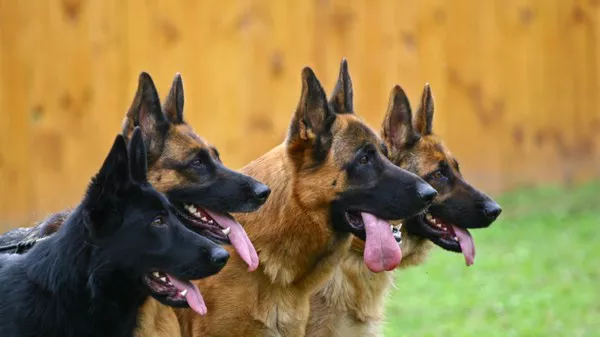Owning a dog brings immense joy and companionship into our lives, but it also comes with responsibilities, including dealing with their waste. While dogs’ natural bodily functions are inevitable, managing their poop frequency can make pet ownership more convenient and even contribute to their overall health. This article explores various strategies and tips for reducing your dog’s poop frequency while ensuring their well-being.
Understanding Normal Poop Frequency:
Before diving into strategies for reducing poop frequency, it’s crucial to understand what constitutes normal bowel movements for dogs. The frequency can vary based on factors such as age, size, breed, diet, and health status. In general, most adult dogs typically poop 1 to 3 times per day. Puppies and senior dogs may have more frequent bowel movements due to their developing or aging digestive systems.
Factors Affecting Poop Frequency:
Several factors influence how often your dog needs to poop. These include:
Diet: A dog’s diet plays a significant role in their digestive health and poop frequency. Low-quality or poorly digestible food can result in more frequent bowel movements as the body expels undigested material. High-fiber diets can lead to larger, more frequent stools, while diets rich in meat proteins may result in smaller, less frequent stools.
Exercise: Regular exercise stimulates digestion and helps regulate bowel movements. Dogs that get ample exercise tend to have more regular and efficient digestion, leading to reduced poop frequency.
Hydration: Proper hydration is essential for maintaining healthy digestion and preventing constipation. Dehydrated dogs may have dry, hard stools and may poop less frequently as their bodies retain water from the feces.
Health Conditions: Certain medical conditions such as gastrointestinal issues, parasites, food allergies, and sensitivities can affect poop frequency. It’s essential to address any underlying health issues with your veterinarian to ensure your dog’s digestive system functions optimally.
Strategies for Reducing Poop Frequency
Quality Diet Selection:
Choose high-quality, nutritionally balanced dog food formulated for your dog’s age, size, and activity level.
Look for diets with easily digestible ingredients, such as whole meats, vegetables, and grains.
Consider consulting with a veterinarian or canine nutritionist to determine the best diet for your dog’s specific needs.
Portion Control:
Avoid overfeeding your dog, as excess food can lead to more frequent bowel movements and weight gain.
Follow feeding guidelines provided by the dog food manufacturer based on your dog’s weight and activity level.
Consider feeding smaller, more frequent meals throughout the day rather than one or two large meals.
Fiber Management:
Balance the fiber content in your dog’s diet to regulate bowel movements.
High-fiber diets can help with constipation but may lead to more frequent stools. Conversely, low-fiber diets may result in firmer, less frequent stools.
Adjust fiber intake based on your dog’s individual needs, consulting with a veterinarian if necessary.
Regular Exercise:
Ensure your dog gets adequate daily exercise to stimulate digestion and regulate bowel movements.
Engage in activities such as walking, running, playing fetch, or participating in dog sports to keep your dog active and healthy.
Incorporate mental stimulation activities like puzzle toys or training sessions to keep your dog mentally engaged, which can also benefit their digestive health.
Hydration Management:
Always provide fresh, clean water for your dog to encourage proper hydration.
Monitor your dog’s water intake, especially during hot weather or periods of increased activity.
Consider adding water to your dog’s food or offering wet food to help increase their water consumption.
Routine and Consistency:
Establish a consistent daily routine for feeding, exercise, and bathroom breaks.
Take your dog outside to relieve themselves at the same times each day, ideally after meals and first thing in the morning and before bedtime.
Consistency can help regulate your dog’s digestive system and encourage more predictable bowel movements.
Stress Reduction:
Minimize stressors in your dog’s environment, as stress can impact digestion and bowel movements.
Provide a comfortable and secure living space, regular socialization opportunities, and positive reinforcement training to help reduce stress and anxiety.
Consider using calming aids or supplements under the guidance of a veterinarian if your dog experiences chronic stress or anxiety.
Conclusion:
Reducing your dog’s poop frequency requires a multifaceted approach that considers their diet, exercise, hydration, and overall health. By providing a balanced diet, regular exercise, and a consistent routine, you can help regulate your dog’s digestive system and promote optimal bowel function. Additionally, monitoring your dog’s health and addressing any underlying medical issues promptly will contribute to their overall well-being. Remember to consult with your veterinarian for personalized advice and recommendations tailored to your dog’s specific needs. With patience, diligence, and proper care, you can effectively manage your dog’s poop frequency and enjoy a cleaner, healthier living environment for both you and your furry friend.
Related Topics:




















